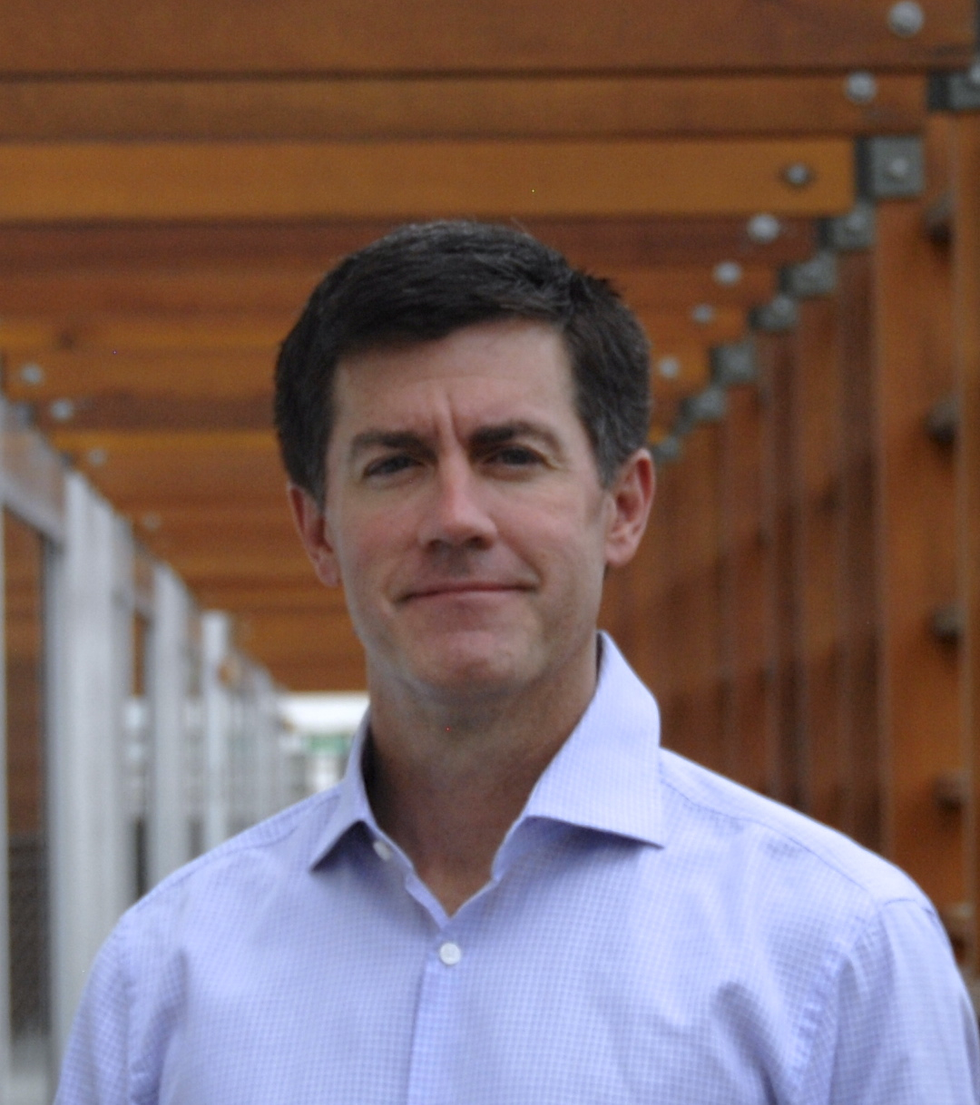Wavemaker 360 Health Announces $100 Million Fund Aimed at Health Care Amid COVID-19
Rachel Uranga is dot.LA's Managing Editor, News. She is a former Mexico-based market correspondent at Reuters and has worked for several Southern California news outlets, including the Los Angeles Business Journal and the Los Angeles Daily News. She has covered everything from IPOs to immigration. Uranga is a graduate of the Columbia School of Journalism and California State University Northridge. A Los Angeles native, she lives with her husband, son and their felines.

Pasadena-based venture capital firm Wavemaker 360 Health announced a $100 million fund aimed at digital health and health tech startups — double what it had been planning prior to the global pandemic.
The attention COVID-19 brought to the health care industry has heightened investor interest and pushed the two-year old firm to accelerate fundraising efforts.
"The world has become so much more infatuated — and with good reasons — in health care because of the crisis," said Jay Goss, general partner at Wavemaker 360. The firm is affiliated with Santa Monica-based Wavemaker Capital but operates independently.

Jay Goss is a general partner at Wavemaker 360.
Despite the deep toll the virus is having across the economy, health care is better positioned than other industries like retail and consumer goods.
The novel coronavirus — which has claimed more than 150,000 lives globally — continues to spread and in doing so has reshaped how health care is delivered including a surge in telemedicine. The changes are likely to have long term impacts, experts say.
Wavemaker 360 invests in seed and early stage companies. About a third of their current portfolio hails from Southern California, in part because the firm has benefitted from partnerships or affiliations it has with Southern California's largest medical research institutions including City of Hope, Cedar-Sinai Medical Center, USC Keck School of Medicine and UCLA Biodesign, Goss said.
The local investment is likely to continue in the coming fund. "We naturally hunt for good companies in our backyard," he said.
This fund will be five times the size of its current fund, which covers more than two dozen companies. Wavemaker's operating thesis is that health care is transitioning away from fee-for-service to value-based care, disrupting the old system. About 70% of its investors hail from the health care industry with ties to insurance companies and hospital systems such as Vanderbilt University Medical Center, Mission Community Hospital and UnitedHealth Group.
- venture-capital - dot.LA ›
- marsbio - dot.LA ›
- The COVID-19 Crisis is Creating a New Biotech Culture in L.A. - dot.LA ›
- Investors and Health Tech on the Front Lines of the Pandemic - dot.LA ›
- Venture Capital on the Front Line of COVID-19 - dot.LA ›
- Join Us For Our Next Virtual Pitch Showcase on Healthcare - dot.LA ›
- Watch Three Los Angeles Health Startups Pitch Investors - dot.LA ›
- Can LA County's New Fund Get Local Biotech Startups to Stick Around? - dot.LA ›
- Wavemaker Closes Third Oversubscribed Southeast Asia Fund - dot.LA ›
- Quantgene Aims to Detect Cancers Far Earlier Using Data - dot.LA ›
- How Crossover Health Became Big Tech's Health Care Provider - dot.LA ›
- Joshin, On-Demand Disability Care Startup, Arrives in LA - dot.LA ›
- Cedars Sinai Health Ventures’ Maureen Klewicki on HealthTech - dot.LA ›
- Wavemaker 360 Launches $64M Fund for Health Care Startups - dot.LA ›
Rachel Uranga is dot.LA's Managing Editor, News. She is a former Mexico-based market correspondent at Reuters and has worked for several Southern California news outlets, including the Los Angeles Business Journal and the Los Angeles Daily News. She has covered everything from IPOs to immigration. Uranga is a graduate of the Columbia School of Journalism and California State University Northridge. A Los Angeles native, she lives with her husband, son and their felines.





 Image Source: Skyryse
Image Source: Skyryse